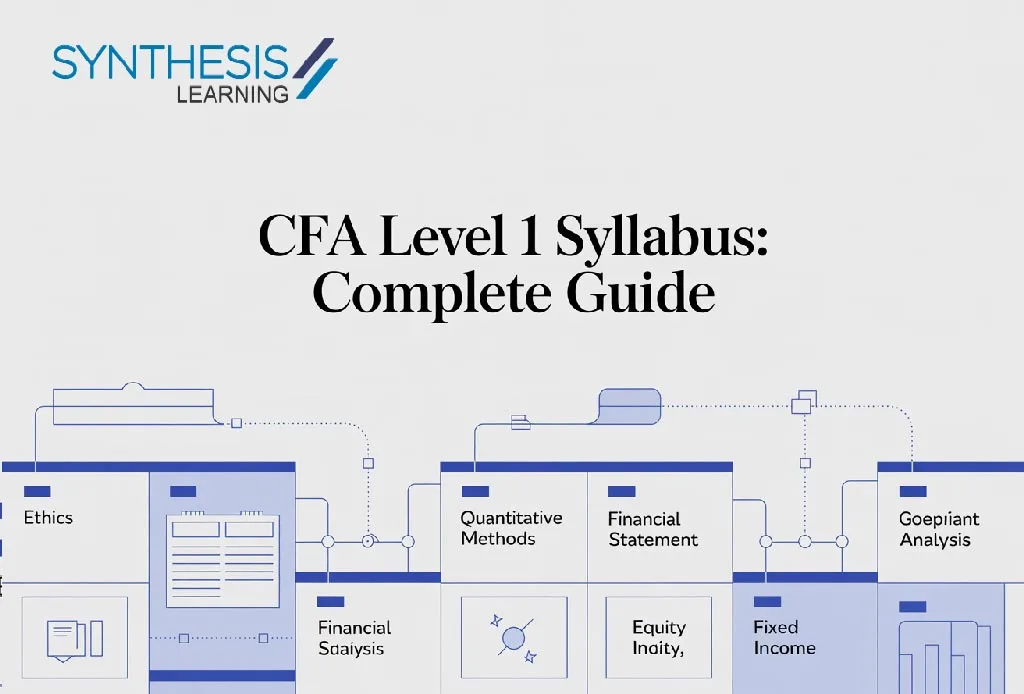Are you aiming for a high-flying career in finance? Then earning the CFA® charter should be at the top of your priority list. Not only does the CFA Program equip you with the knowledge and skills to excel in the industry, but the CFA charter itself holds immense significance and recognition around the world.
Why is the CFA Charter holder Important?
The CFA charter signifies in-depth expertise in various financial areas, including investment analysis, portfolio management, asset allocation, and ethics. By earning the charter, you demonstrate a strong commitment to the profession and a dedication to upholding the highest ethical standards. This makes you a highly sought-after candidate for employers seeking top talent.
Also, Watch our video to understand the scope, job roles, and salary potential associated with the prestigious CFA designation.
Global Recognition: Your Passport to Opportunity
The CFA charter is a globally recognized credential. This means it opens doors to exciting career opportunities worldwide. Over 160 countries have CFA charterholders, and many employers actively seek out these qualified individuals. So, if you ever dream of working abroad, the CFA designation gives you a significant advantage.
Benefits of Earning the CFA Charter
Enhanced Earning Potential:
Studies consistently show that CFA charterholders command higher salaries than their non-chartered counterparts.
Increased Job Security:
The demand for skilled financial professionals remains high, and the CFA designation positions you as a top candidate.
Career Mobility:
With global recognition, the CFA charter allows you to pursue opportunities around the world.
Strong Network:
The CFA Institute fosters a vibrant community of charterholders, offering valuable networking opportunities.
Demonstrated Commitment:
Earning the charter showcases your dedication to continuous learning and professional development.
Global Recognition: Examples by Country
Let’s delve deeper and explore how the CFA Program and Charter are recognized in specific countries:
Brazil:
The Comissão de Valores Mobiliários (CVM), the Brazilian securities regulator, exempts successful CFA Level II candidates from taking the global content exams of the National Certificate of Professional Investment (CNPI). This translates to significant time and cost savings for CFA charterholders seeking to work in Brazil.
Canada:
Requirements vary by province, but CFA candidates and charterholders often benefit from regulatory recognition. This can include exemptions for specific qualifications or licenses needed for portfolio manager, investment counsel, derivatives advisor, or securities advisor positions. The Investment Foundations certificate is also recognized by the Investment Industry Regulatory Organization of Canada (IIROC), further demonstrating the program’s value.
United States:
The CFA designation enjoys widespread recognition in the US. The New York Stock Exchange (NYSE) offers exemptions from parts of the licensing exam for research analysts who have passed CFA Levels I and II. Similarly, charterholders are exempt from the Uniform Investment Adviser Examination (Series 65) across all states requiring such licensing.
Australia:
The Australian Securities and Investment Commission (ASIC) recognizes Level I of the CFA Program, combined with the RG 146 Gap Training Program, as meeting the initial training requirements for providing financial product advice to retail clients. Passing both CFA Level I and the Gap Training Program also fulfills the mandatory Skills requirements for Personal Advice.
Europe:
The UK’s Financial Conduct Authority (FCA) recognizes the CFA Program in conjunction with the Investment Management Certificate (IMC) for meeting specific licensing requirements. Additionally, several European countries, like Germany and Greece, offer waivers or exemptions for licensing exams based on CFA exam levels passed.
Asia:
The CFA designation holds significant weight in many Asian countries. Singapore’s Monetary Authority recognizes the CFA charter for exemptions from certain modules of the Capital Markets and Financial Advisory Services (CMFAS) Exam. In Hong Kong, the SFC recognizes CFA Level I as a qualifying exam for licensed representatives and offers waivers for specific licensing exams.
Beyond Regulatory Recognition
The impact of the CFA Program extends beyond regulatory recognition. Universities around the world acknowledge the program’s rigor, awarding exemptions or credits towards relevant degrees. Industry recognition is equally significant, with leading financial institutions and investment firms holding the CFA designation in high regard and often offering competitive salaries and benefits to charterholders.
Synthesis Learning Can Help You Achieve Your CFA Dream
Earning the CFA charter is a challenging but rewarding endeavor. Here at Synthesis Learning, we provide comprehensive coaching programs designed to help you conquer each CFA exam level. Our experienced instructors and industry-relevant curriculum will equip you with the knowledge and skills you need to succeed. Whether you’re just starting or aiming to tackle a specific level, our personalized approach ensures you receive the support you need to excel.
Ready to take the first step towards a flourishing career in finance? Contact Synthesis Learning today at 8291703707 and let us help you unlock your full potential!




